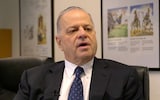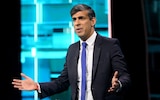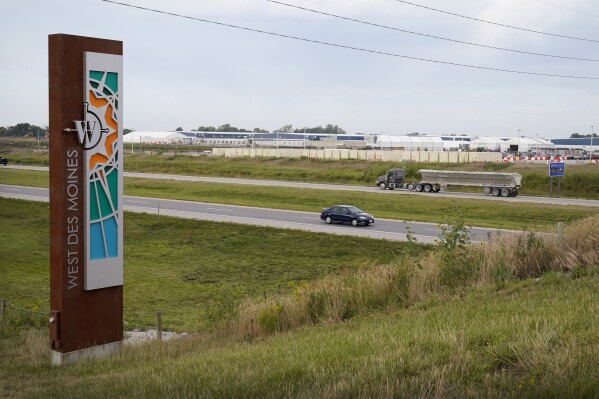Mike Lynch, the British technology tycoon, has been cleared of fraud over the multibillion-dollar sale of his software company Autonomy.
A San Francisco jury acquitted Mr Lynch on Thursday in a remarkable redemption for the entrepreneur, who has been plagued by legal problems since the company’s sale 13 years ago.
The decision came after an 11 and a half-week trial in which jurors heard that Mr Lynch had masterminded a “multi-year, multi-layered fraud” to inflate Autonomy’s value before its $11bn (£7bn) sale to Hewlett Packard in 2011. The charges would have carried a potential prison sentence of up to 25 years.
The jury had been deliberating since Tuesday afternoon, when closing arguments wrapped up.
Mr Lynch had denied fraud. He had pinned the blame for mismanaging Autonomy on HP, which sacked its chief executive and changed strategy shortly after the deal was agreed.
Autonomy, founded in Cambridge in 1996, was a member of the FTSE 100 and one of Britain’s most valuable software companies before its sale. Mr Lynch made £500m from the deal, using the funds to set up companies including the British cybersecurity company Darktrace.
HP wrote down almost all of the deal’s value a year later, claiming accounting irregularities from Autonomy’s former management.
Mr Lynch and Mr Chamberlain were charged in 2018 and Mr Lynch had fought extradition to the US for years until leaving the UK last year. Priti Patel, the former Home Secretary, had approved his extradition in 2022.
Mr Lynch had consistently argued that any criminal charges should be brought in the UK, where Autonomy was based. The Serious Fraud Office investigated Autonomy but dropped the inquiry in 2015, leaving the case to US prosecutors.
During the trial, prosecutors had sought to tie Mr Lynch to allegedly fraudulent “round-trip” agreements in which Autonomy paid customers to buy its services and accounting fraud that inflated the company’s revenues.
They painted Mr Lynch as an intimidating boss who ruled over all aspects of the business and had compared Autonomy to the mafia.
Mr Lynch had argued that he was not closely involved in the company’s accounting or sales operations. In a four-day stretch on the witness stand, he said he had found watching the trial “surreal”, saying: “I’ve sat and watched a parade of witnesses that I’ve never met.”
He had said that Autonomy was not “perfect”, saying: “The reality of life is that it is nuanced and it is messy, and sometimes you do your best to get through it, and companies are just like that.”
Mr Lynch’s lawyers succeeded in having one of 16 counts against him, concerning securities fraud, thrown out last week.
Disclaimer: The copyright of this article belongs to the original author. Reposting this article is solely for the purpose of information dissemination and does not constitute any investment advice. If there is any infringement, please contact us immediately. We will make corrections or deletions as necessary. Thank you.



